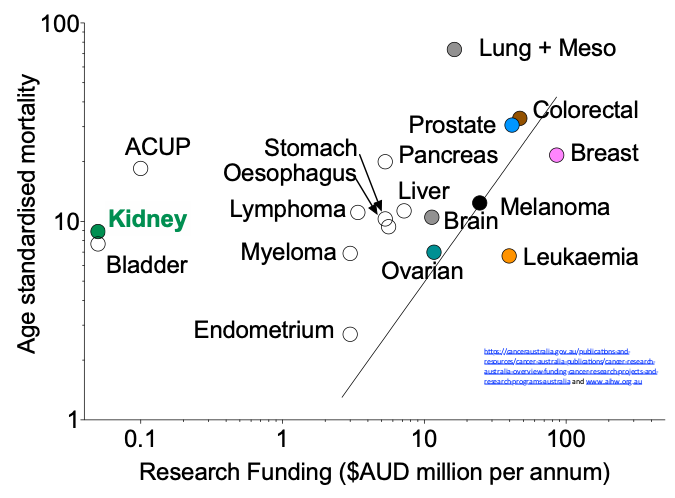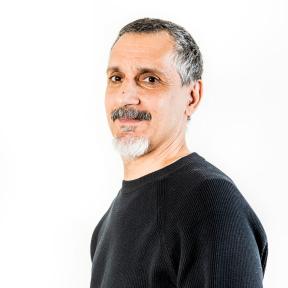It's easy to ignore sarcoma, but it won't ignore us

It's easy to ignore sarcoma, but it won't ignore us
When looking at the news headlines announcing impressive breakthroughs and new treatment options in cancer, it is easy to imagine that progress is happening across the board and that things are improving in all cancer types. But sadly that is not the case – while it’s a positive picture in some areas in others the truth is that there has been no progress in decades. This is particularly true when it comes to the family of cancers called sarcomas. These are cancers of the connective tissues such as bone, cartilage and blood vessels, and are often still being treated as they were 30 or more years ago.
July is sarcoma awareness month
Neither of us really likes ‘awareness’ months. And we don’t need to be reminded about sarcoma. Sarcoma has been way too present in one of us’ lives and we read sarcoma research papers about every day. But sarcoma research needs more funding. So let’s use sarcoma awareness month to say it loud and clear.
No progress has been made in more than 30 years
Why this lack of progress? Partly it is down to biology – progress in many cancers has been driven by advances in understanding the genetic drivers and identifying molecular subtypes of the disease. However, with most sarcomas there are no clearly identifiable genetic drivers or molecular subtypes. What has worked to move things forward in breast cancer or malignant melanoma, for example, doesn’t exist in sarcomas.
Progress is also hampered by the relatively low patient numbers, particularly for some of the rarer sarcomas. With low patient numbers clinical trials can be difficult to implement. And of course the rarity means that there are fewer incentives for commercial drug development, which is often focused on the more common cancers.
For these reasons, sarcomas are sometimes simply ignored. Below this page is a graph from a Twitter conversation with a medical oncologist from Australia. He pointed out that some cancers are well funded while others are not. But look where sarcomas are… Not even on the graph.
Our trials in sarcoma
Given the large unmet needs in sarcoma treatment we at the Anticancer Fund have made sure that our portfolio of projects has included a number of sarcoma trials. The French Metzolimos trial in recurrent osteosarcoma is looking at repurposing sirolimus and zoledronic acid. The well-known blood pressure drug propranolol is being investigated for angiosarcoma in the Dutch PropAngio trial. And in retroperitoneal sarcoma, a disease currently treated by surgery alone, the international STRASS-II trial will investigate whether using chemotherapy before surgery can improve survival.
In addition, we are currently looking into possible support to a US trial in rhabdomyosarcoma and working on developing other trials in bone and soft-tissue sarcomas, particularly those that affect young people. In addition to drug repurposing, new approaches to treatment, such as adaptive therapy, also holds promise.
There is much to do – and at the Anticancer Fund we intend to be part of making the change that is needed to finally lead to improvements in sarcoma treatments.
Please, donate to sarcoma research here.
To find out more about the trials we support, you can have a look here.



